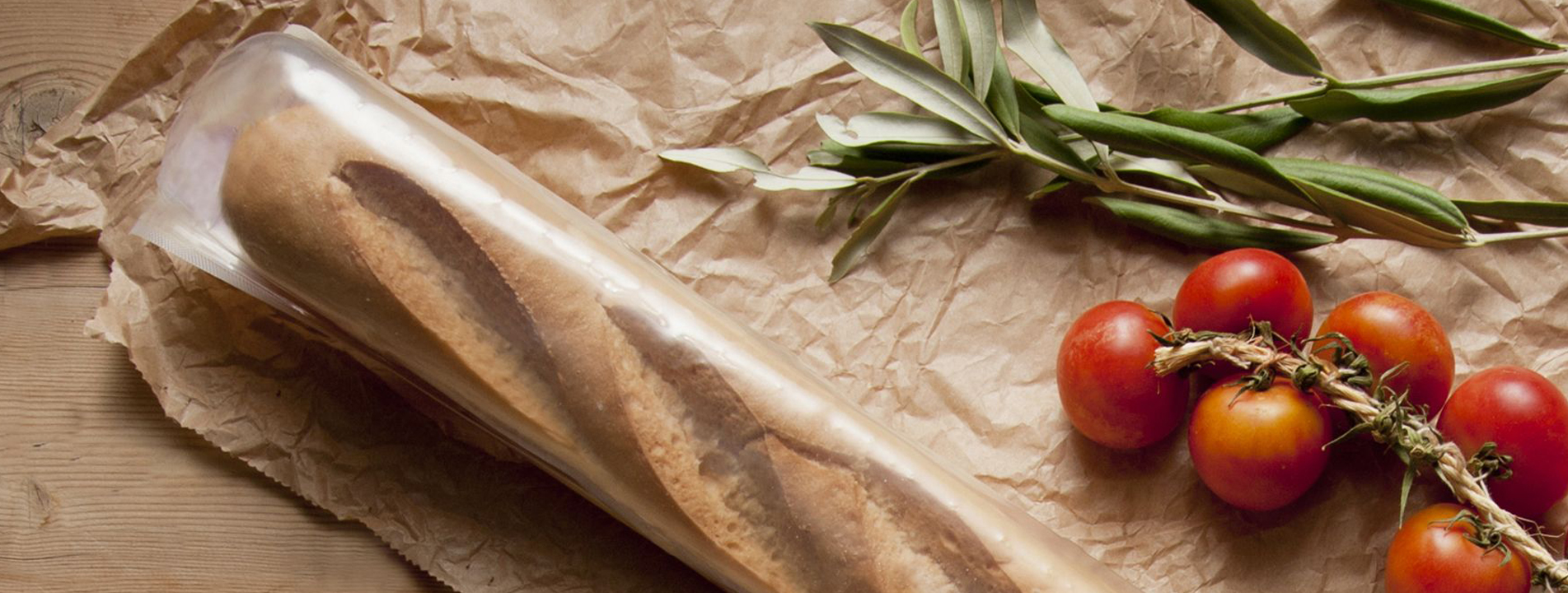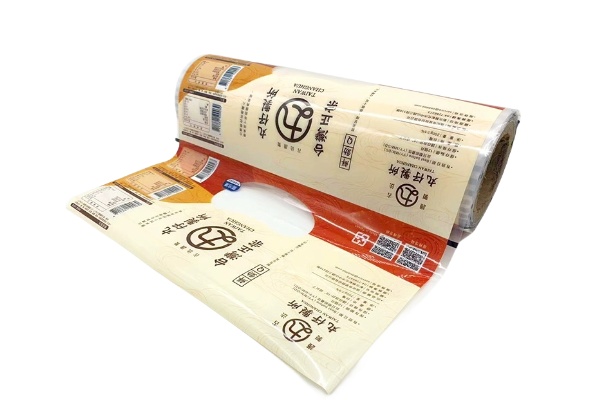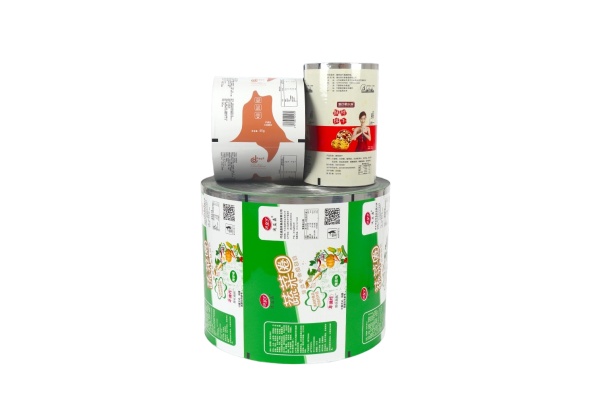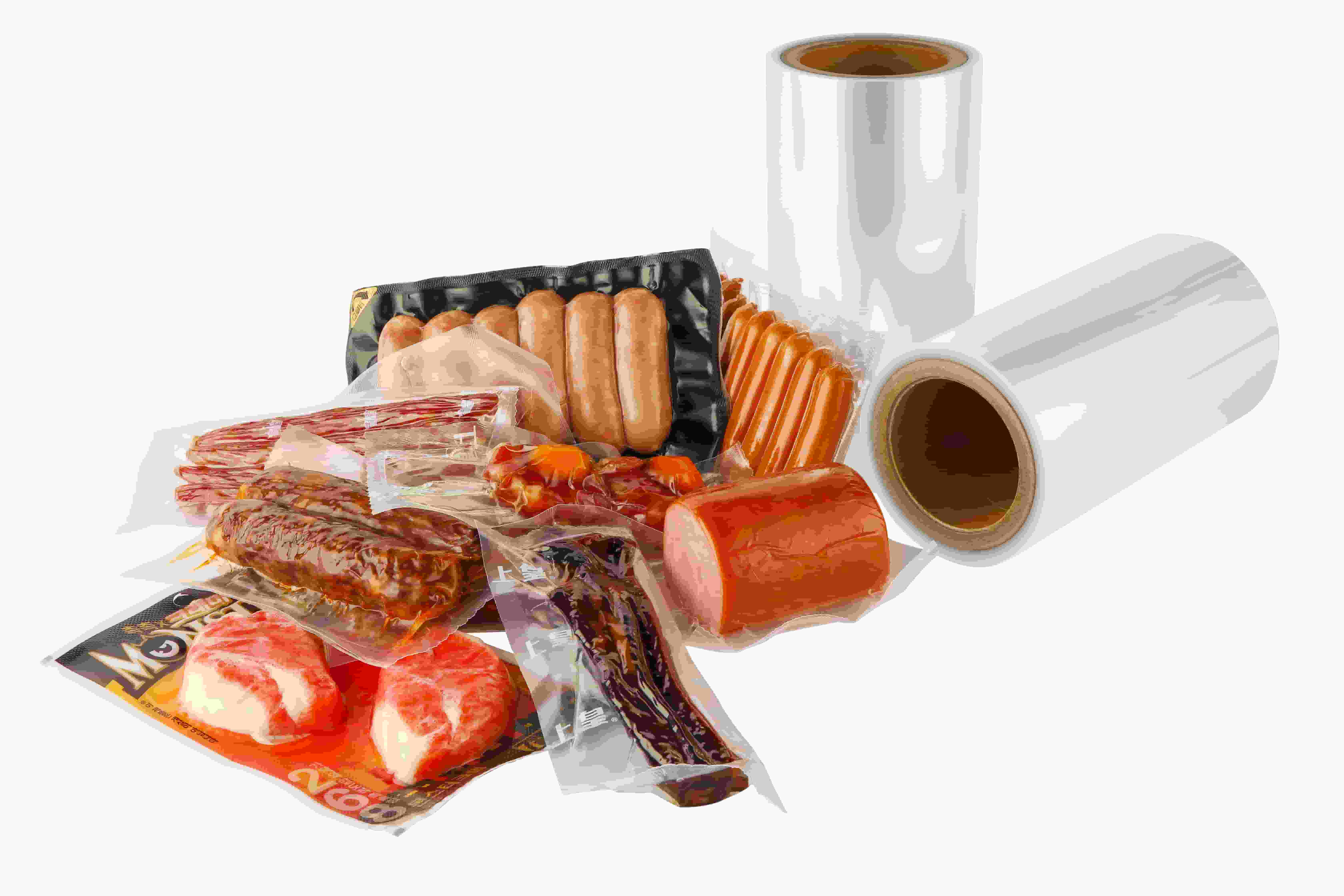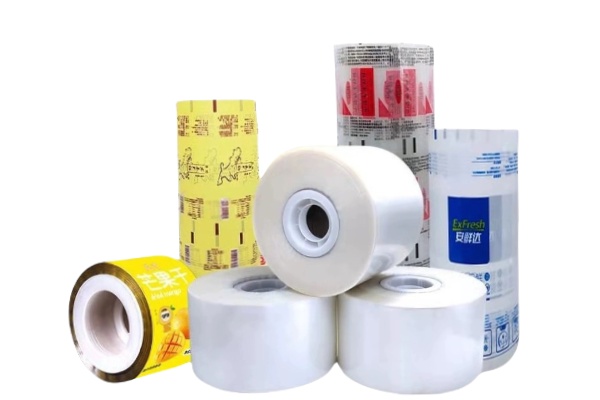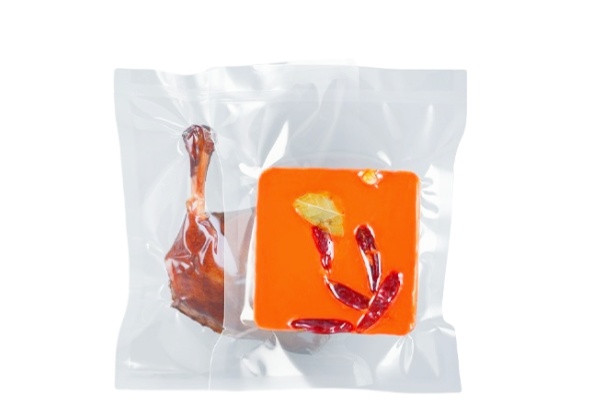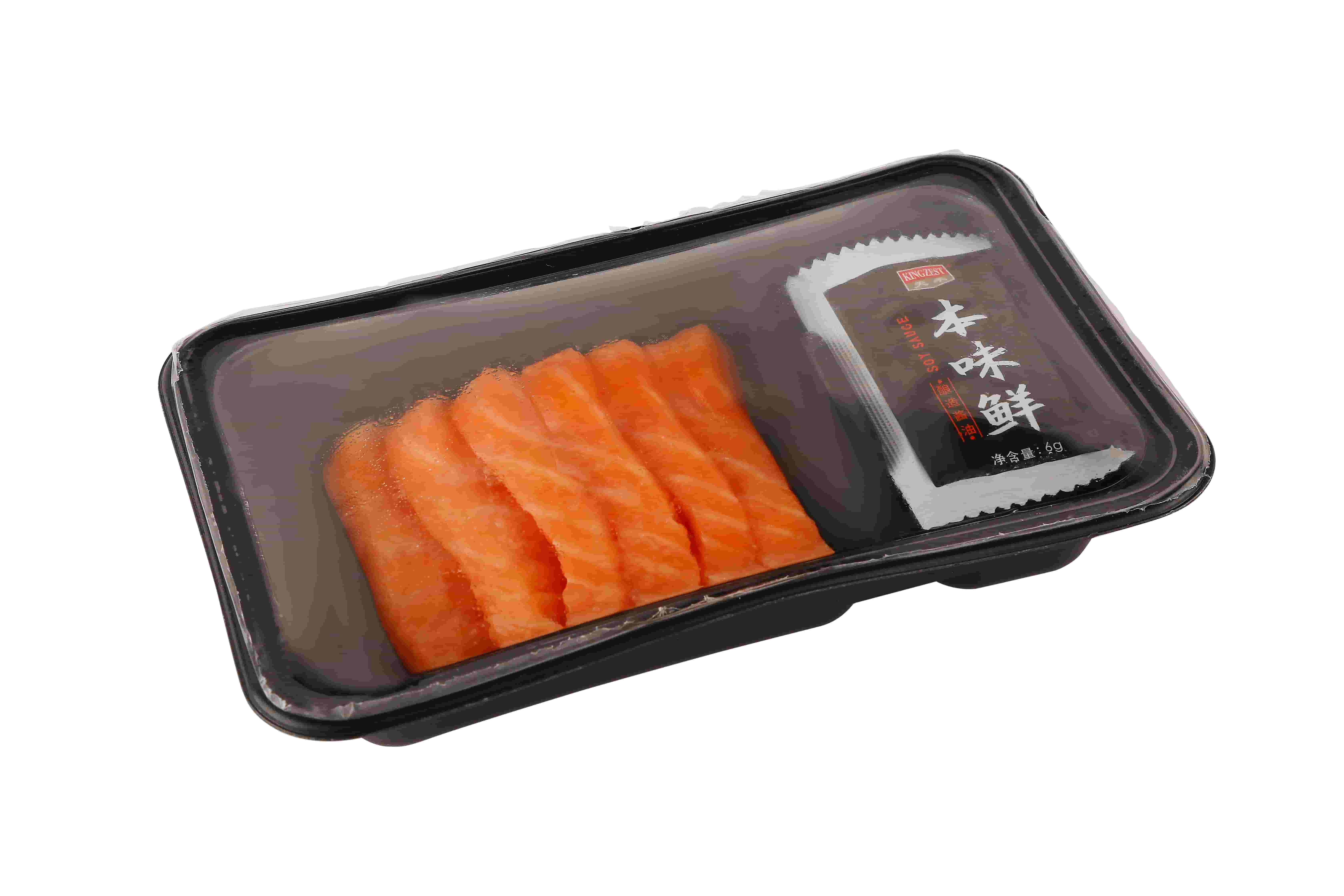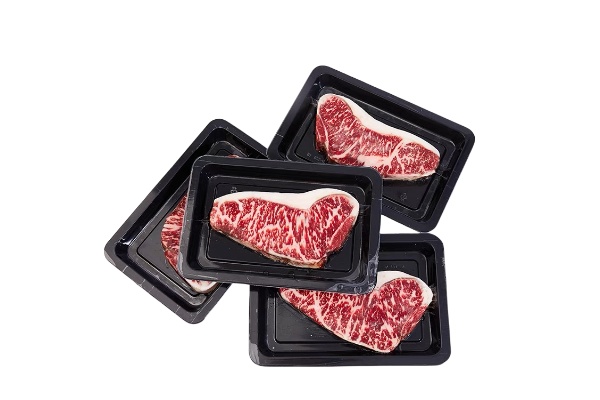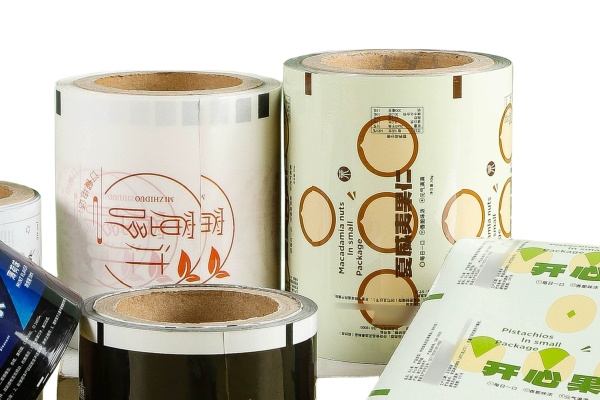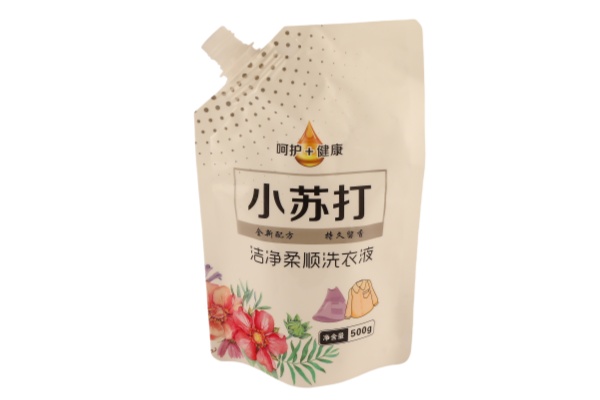High Barrier Laminated and Printed Map Film
Laminated and printed films refer to flexible packaging materials designed for a variety of applications, such as extended shelf life, recyclability, post-consumer recyclability (PCR) or compostability.
It is a customizable packaging option that can be customized to meet specific requirements.
Laminated and printed films can be printed in different finishes including matte, soft touch, gloss or spot trim, providing aesthetic and functional enhancements to the packaging. The choice of films depends on the properties and characteristics required for a particular application.
The printed and laminated flexible packaging solutions provided by Xianghe offer a variety of flexible packaging solutions through gravure printing, flexographic printing, dry lamination, solvent-free lamination and other processes, combined with the characteristics of co-extruded multifunctional films, which are the most flexible products to meet the broad needs of cross-industry products.
It is designed to maximize packaging performance, provide lasting freshness and extend the shelf life of packaged products.our films are commonly used for
MAP applications including fresh pasta, sliced processed meats, cheeses, sausages, poultry, beef, etc.
Choose from a wide range of laminated and non-print flexible packaging materials to customize primary packaging for liquid, solid and powder products in retail,
consumerand industrial packaging sizes. Different heat sealing materials and structures can be designed to provide customers with personalized packaging solutions.
Design functional flexible packaging solutions for customers that are recyclable and degradable.
Laminated Films
Through the special combination of different materials, the product has both oxygen and water barrier, low crimp, high unpuncture strength, excellent anti-pollution and other superior properties, and can also provide special requirements such as easy to open, acid and alkali resistant packaging. Meet different sterilization requirements including high school low temperature water bath sterilization, steam, GAMA, electron beam, etc. The product has high transparency, good barrier performance, excellent thermoforming performance, especially suitable for the application of automatic packaging.
A wide range of co-extruded multilayer laminated films can be non-laminated (hot tack) to rigid films on different substrates (PET,PE,PS,PP,PVC and EPS).Single-layer materials can be enhanced to complex multi-layer structures, seals and barrier layers by simply applying cost-effective in-line thermal bonding. High quality thermal hot tack films can extrude 9 layers of film, in medium barrier (nylon base) and high barrier (EVOH base).
Different types of laminated products have brilliant printing performance, and can also be combined with co-extruded PA/EVOH based barrier packaging materials to increase the shelf life of packaged products.
Printed Films
Printing film is one type of material used in packaging and printing applications. It is a thin, flexible sheet or film typically made of plastic, such as polypropylene (PP), polyester (PET), or polyethylene (PE). Printing films are designed to be printable, allowing high-quality graphics, text, and images to be transferred onto the film surface.
Printing films are commonly used in various packaging formats, including pouches, bags, labels, wrappers, and laminates. They provide a visually appealing and informative surface for product packaging, helping to attract consumers' attention and communicate important product information.
Printing films can be printed using various techniques, such as flexographic printing, gravure printing, or digital printing. Each method has its advantages and is chosen based on factors such as the desired print quality, production speed, and cost efficiency.
In addition to their printing capabilities, printing films may also possess other properties such as sealability, moisture resistance, chemical resistance, and barrier properties. These properties ensure that the packaging not only looks good but also protects the contents from external factors, such as moisture, oxygen, light, and contaminants, thereby maintaining product freshness and extending shelf life.
Overall, printing films play a crucial role in packaging by enhancing the visual appeal and functionality of the packaging while providing opportunities for branding, marketing, and product differentiation.
Benefits
10 Colors flexo or gravure printing, bright colors with eye-catching
Clear, unprinted master jumbo roll options
Full color printing on formed web or non formed web
Matte, partially matte and glossy finishes
Ideal MAP packaging film uses semi-rigid and rigid tray.
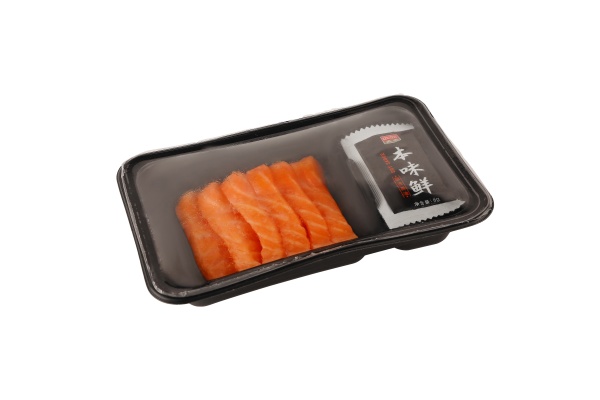
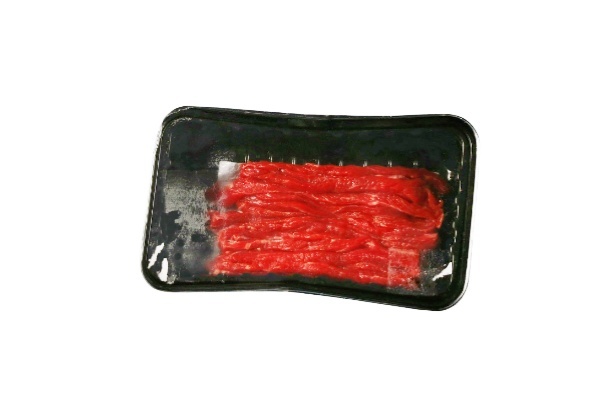






 English
English
